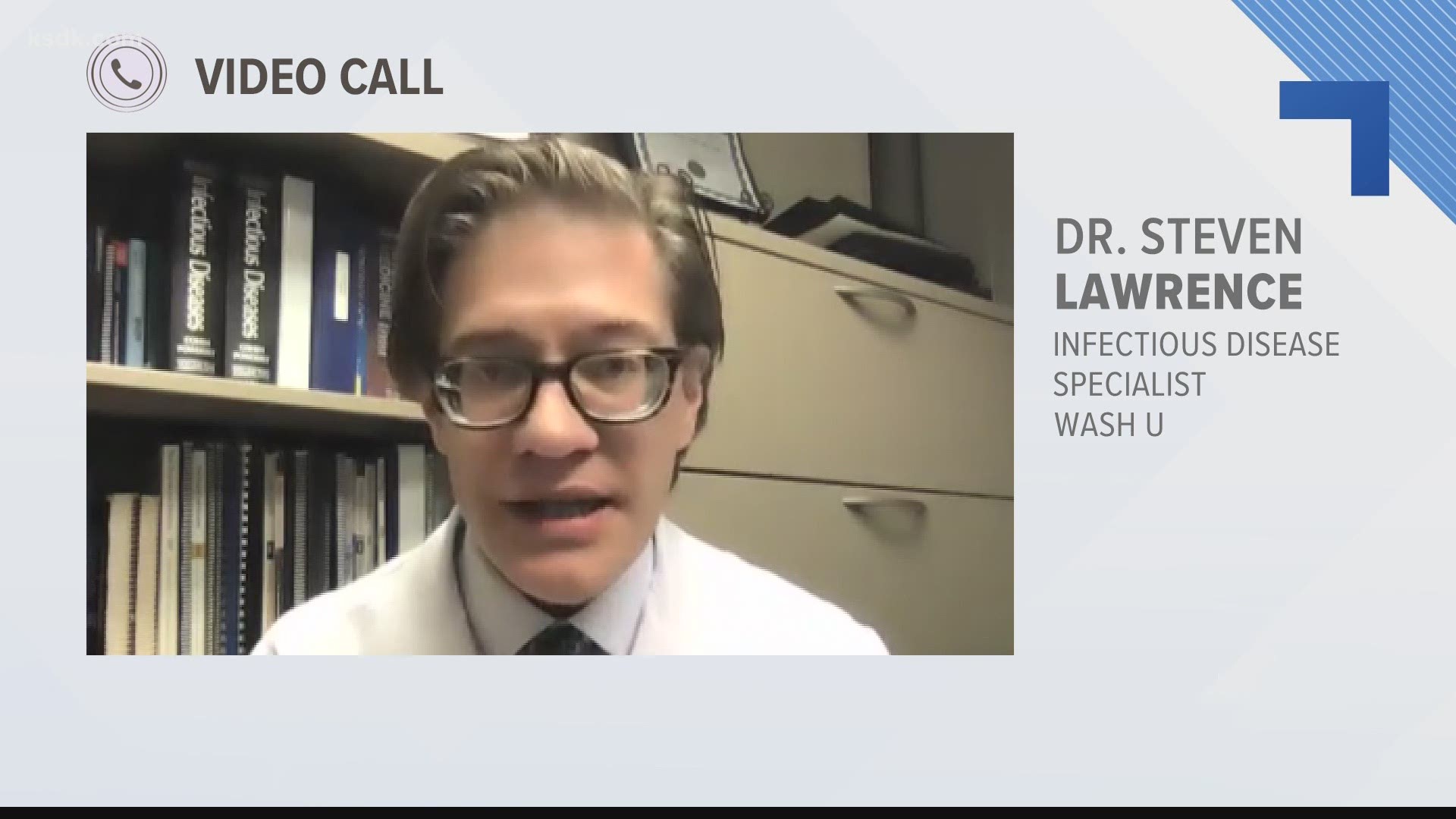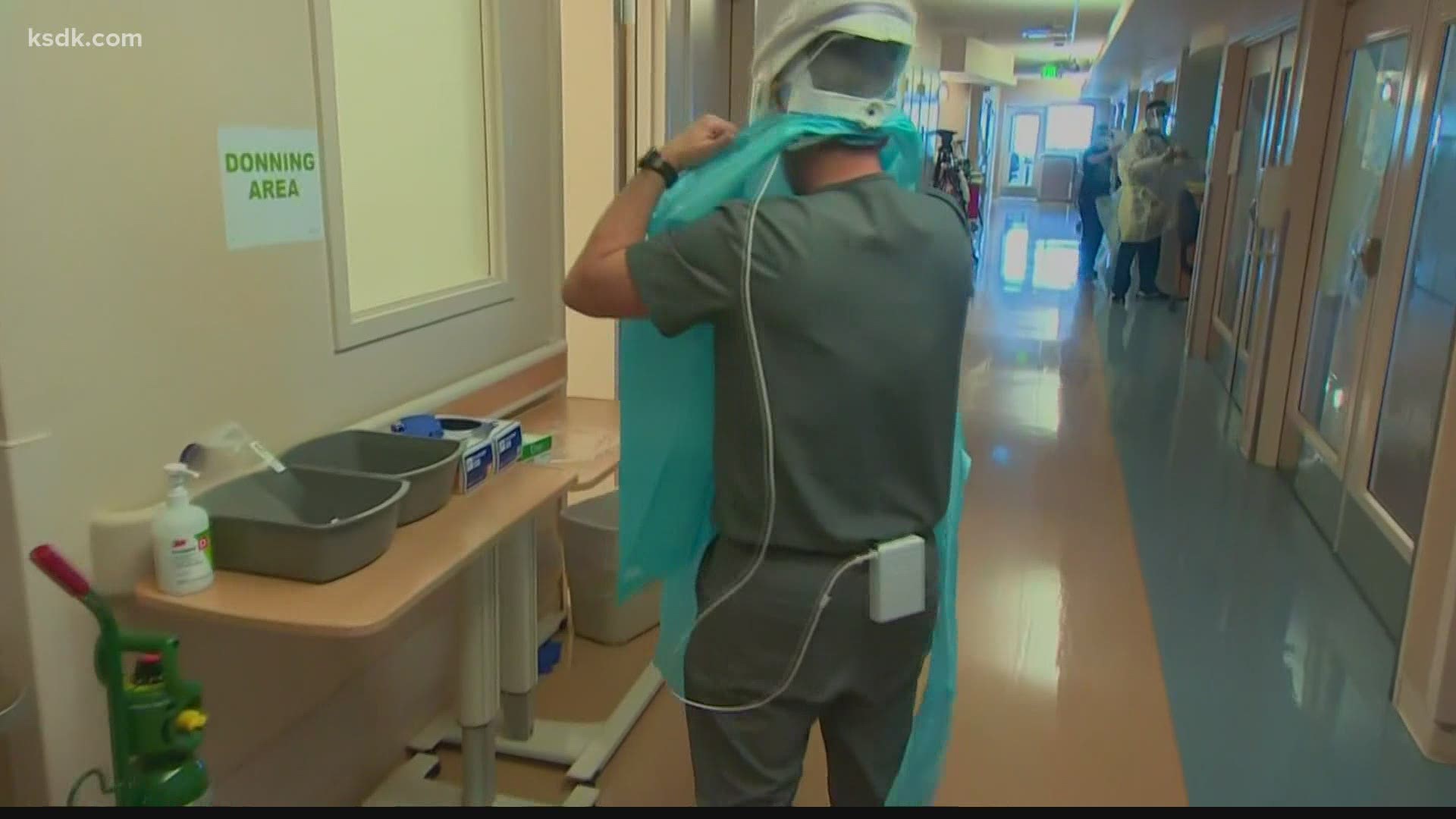ST. LOUIS — It's official.
This gives people the tool to develop immunity against the virus.
"The virus runs out of fuel, it runs out of people to infect and that's when we will really start to see dramatic drop in the number of cases," WashU Infectious Disease Specialist, Dr. Steven Lawrence said.
He also reacts to the announcement by saying, "This is really great news. This is the tool that's needed to be able to turn the tide of the pandemic."
He added the timeline to create a vaccine has been rapid. There are several reasons why.
"It's the unprecedented effort by nearly every country and every major pharmaceutical company working day and night since this virus was discovered to try to be able to develop a vaccine. And because everybody was putting energy and resources and money into the clinical trials, you could enroll tens of thousands of people at one time," Dr. Lawrence explains.
Technology and the widespread of COVID-19 cases are also a component.
As far as how it will work, the head of the pandemic task force, Dr. Alex Garza says, you have some protection after the first vaccine shot.
But you need the second to boost immunity.
Through data, he's learned significant immunity levels were found about four weeks after the second shot.
"The vaccines are tremendous news, it’s a ray of hope in a dark world. But we can’t become complacent," he said.
Missouri and Illinois are both trending down in positivity rates, but they are still much higher than the 5% the World Health Organization suggests.
So until a majority of people get the vaccine, Dr. Garza says, every case we can prevent is impactful.
"Every case we prevent is one step closer to saving more lives," he added.
Director of the Missouri Department of Health and Senior Services also released a statement Friday night.
“As I told the members of the Operation Warp Speed team at the White House on Tuesday, we are incredibly appreciative of them for working relentlessly which has led to the development of this safe and effective vaccine,” said Dr. Randall Williams, Director of the Missouri Department of Health and Senior Services. “We have also worked hard here in Missouri with our partners in anticipation of this groundbreaking news so we can rapidly make vaccines available throughout Missouri.”


